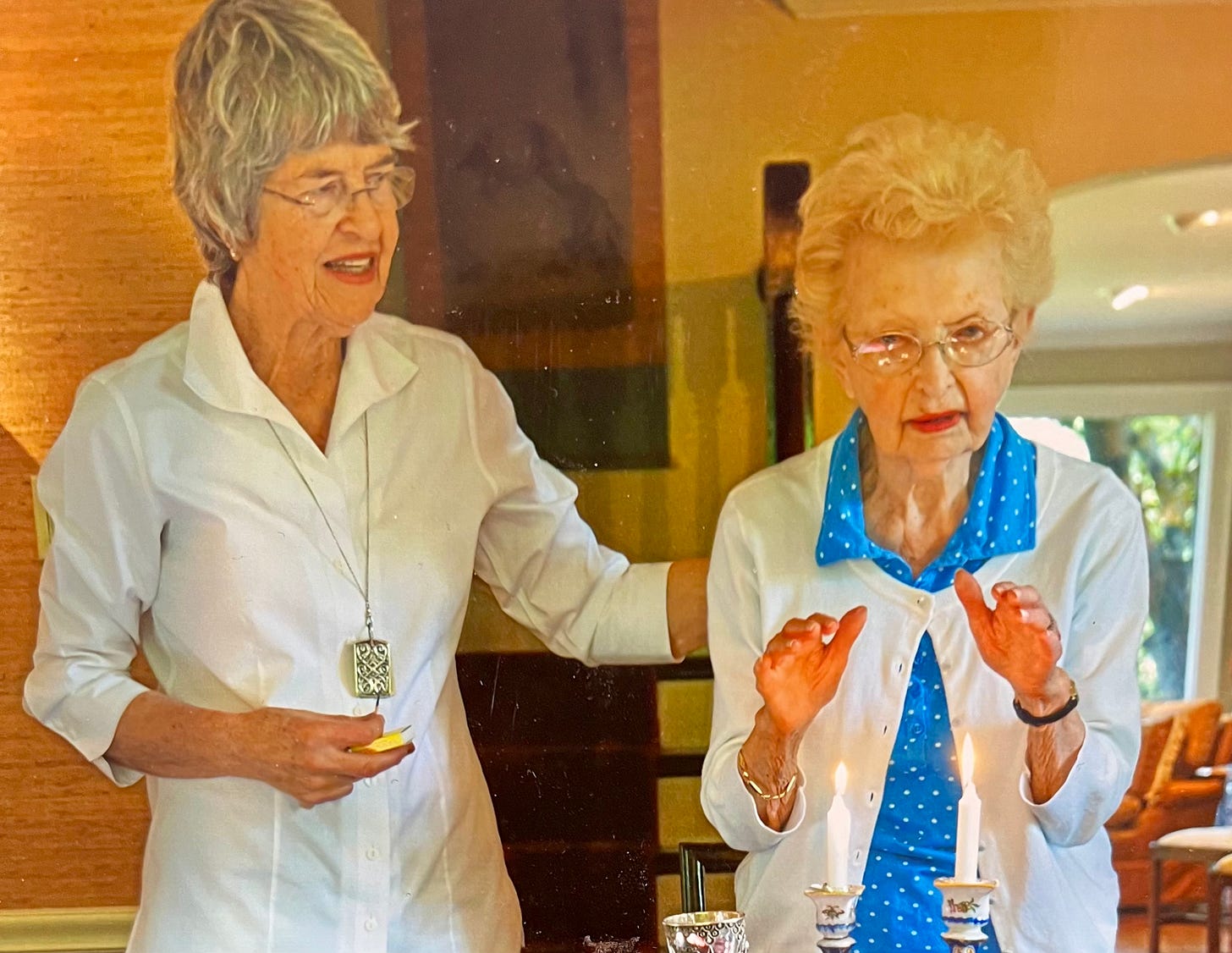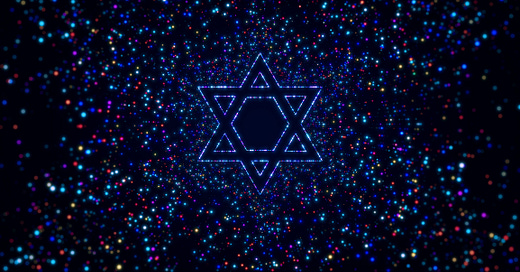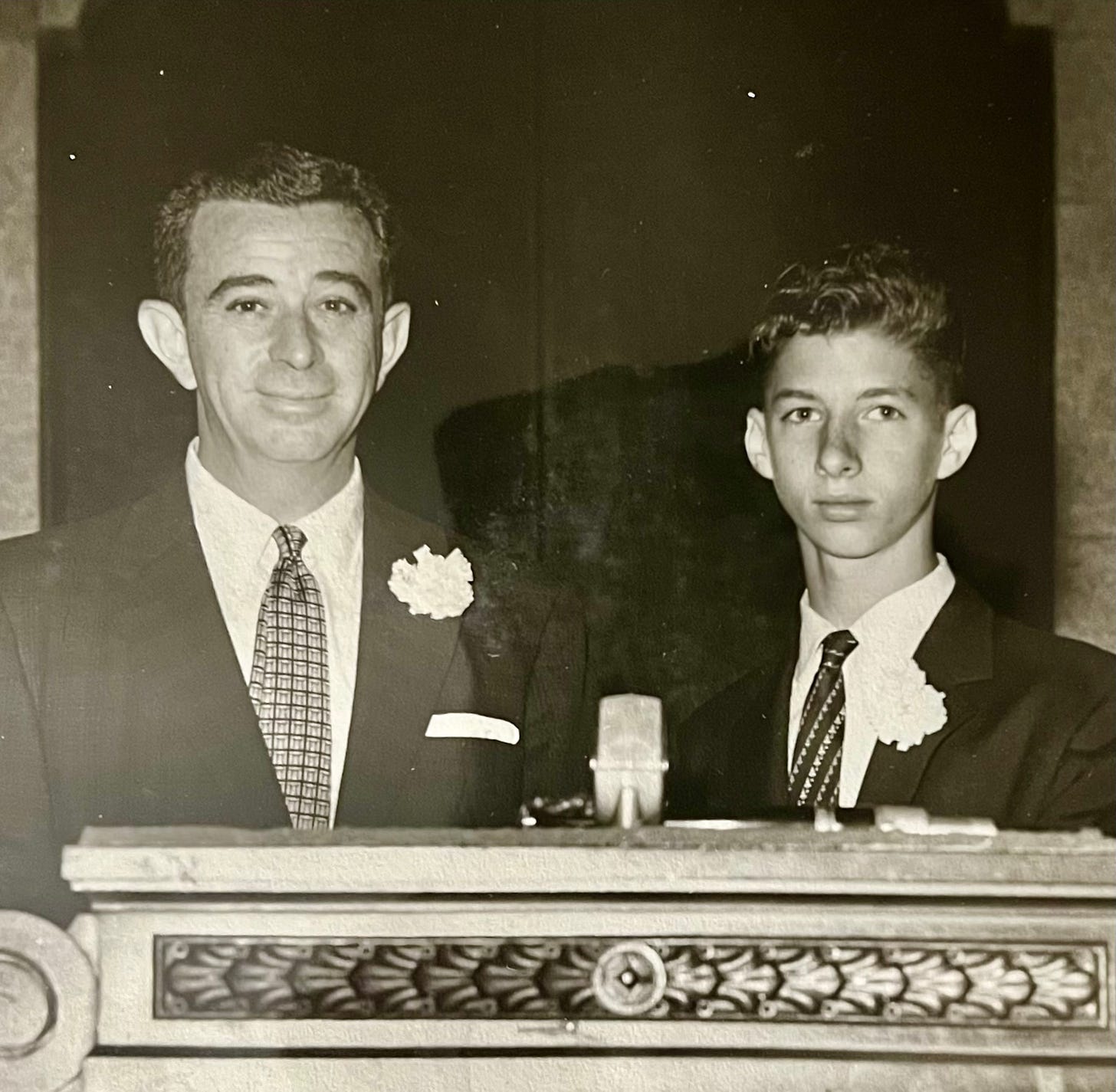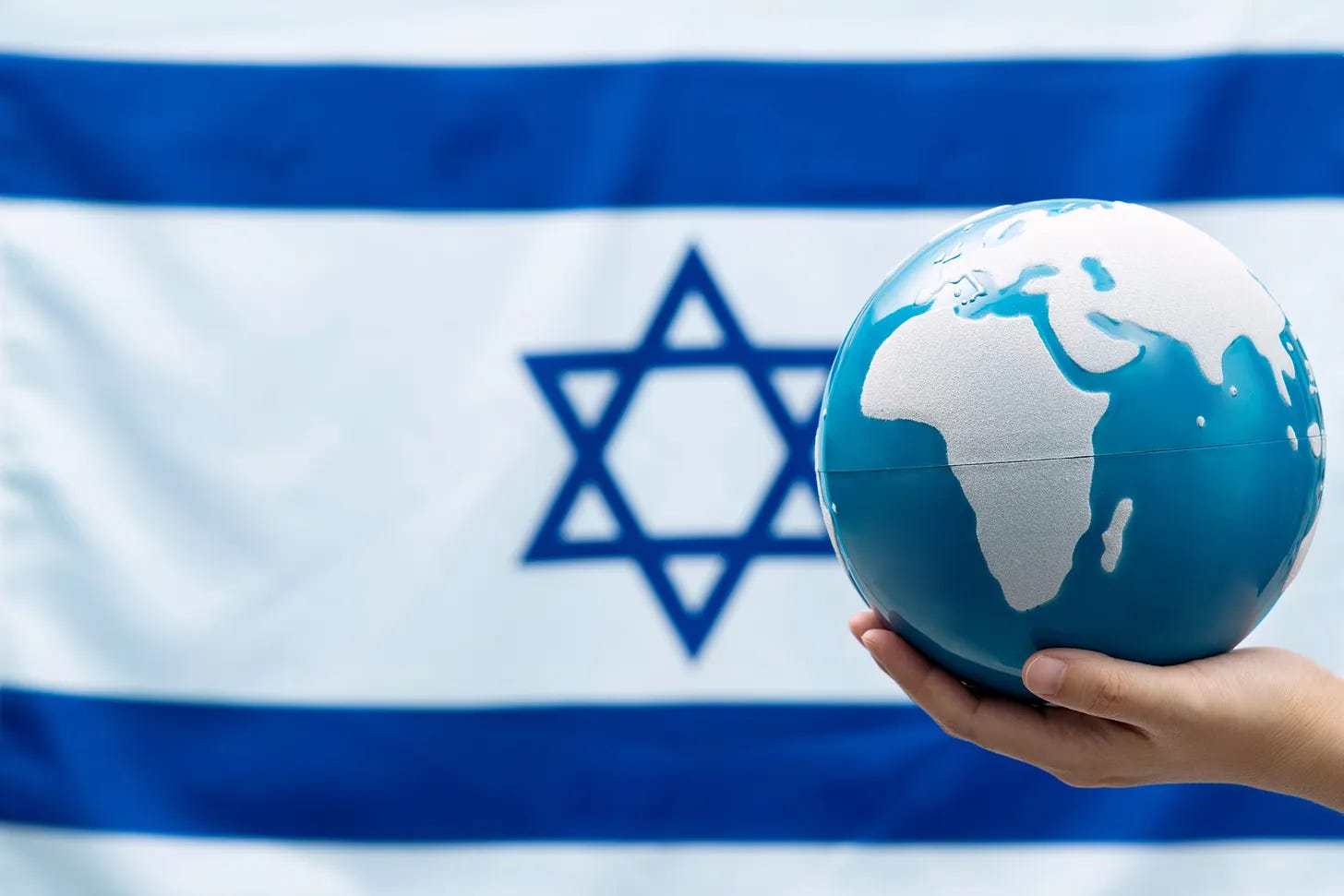Speaking to the Future: An 'Ethical Will'
"When asked if the universe has a purpose, Elie Wiesel replied: 'I hope so, and if it doesn’t, it’s up to us to give it one.' Writing an ethical will helps us to define our values - and pass them on."
By Michael S. Lewis, M.D.
Editor’s Note: This column is one within a series that Michael S. Lewis will be presenting on his “Ethical Will.”
“I was thinking about how people seem to read the Bible a lot more as they get older and then it dawned on me — they're cramming for their final exam.”
– George Carlin
An ‘ethical will’ is based on the belief that wisdom acquired in a lifetime is as much a part of a family’s legacy as material possessions. It gives a person the opportunity to describe fundamental values and hopes for loved ones in the future.
Writing an ethical will is a tradition in Judaism that has existed for centuries. The concept itself dates to the Bible. In Genesis 49:1-33, when Jacob was dying, he imparted lessons to his son that he had learned during his lifetime. In Deuteronomy 32:46-47, Moses gave instructions to the Israelites. There are examples of ethical wills in the Talmud and in medieval Hebrew literature.
Right now, I am in the process of writing my own ethical will. It has several sections, including life lessons which I have found important. In this essay, I wanted to share with you just a few thoughts related to the importance of Judaism in my life.
Judaism and Spirituality
Judaism, like all religions, offers values that allow one to live a meaningful life. I appreciate Judaism’s emphasis on reverence for learning, critical thinking, and questioning. Studying the Torah and other Jewish texts teaches us important truths about the human condition.
I grew up in Houston in the 1950s. My family and most of my friends were Jewish. Rabbis were among the most respected men in the city. Hyman Judah Schachtel, my rabbi and early mentor, was the author of several books and delivered the inaugural prayer for President Lyndon B. Johnson. Robert I. Kahn was another family friend. He was an unrepentant liberal in an illiberal age and during the civil rights era, he played a significant role in making integration a peaceful process in Houston. For me, these men were outstanding role models.
One of the family members with whom I loved to discuss meaning-of-life questions was my mother’s brother, Uncle Whiz, a nickname for Isadore. He always took this earnest teenager seriously. He responded to my questioning the existence of God by saying he was reminded of a song he once wrote called It Ain’t Necessarily So. For many years afterward, whenever I heard the song playing on the radio, I would beam with pride when boasting that it was written by my uncle. That is, until I was in college and a fellow student pointed out that the song was in fact written by George and Ira Gershwin and was featured in Porgy and Bess.
The greatest minds from each generation add to the conversation. Studying the ideas of some of our modern-day prophets, including Elie Wiesel and Abraham Joshua Heschel, has been most inspirational.
Jewish rituals, customs, and holidays, as in all religions, provide a framework for celebrating life cycles with a community of people, an extended family, with shared values. They give us the opportunity to stop, to celebrate our gifts, to be more intentional about our lives, to stop and think about where we have been and where we hope to go.
Judaism emphasizes celebration. As a child, what seemed to be dozens of family members and friends would come over to our home to share the Passover seder. The aromas of matzah ball soup, gefilte fish, and horseradish wafted from the kitchen throughout the house. The seder was led by my paternal grandfather. I was relieved when we finally made it out of Egypt. We children gathered at a card table at the end of the main table, and each of us recited the four questions. The meal concluded with vast quantities of flourless angel food cake topped with fresh strawberries.

I have lived in the Chicago area for the past 50 years. For 25 years, Elie Wiesel would visit our synagogue in Chicago to celebrate Shabbat. During those occasions, he would describe Shabbat dinners during his early life. He imagined angels fluttering around his grandfather’s shoulders. When he would sing a Nigun from his childhood, we could feel the mystical power of his musical prayer.
Every Shabbat my own family sings the Nigun taught to us by Elie Wiesel. In the words of writer David Brooks, “Rituals are a kind of language that express things that are too deep for words.”
The ritual of becoming a Bar or Bat Mitzvah enables a child who is transitioning to adulthood to engage with religious issues in a serious way.
When a family member dies, the practice of Shiva structures a specific set of actions and routines for the mourners, especially during the first week and month, which allows them to focus on dealing with their own grief. I am continually amazed at how comforting this tradition is.
I love Judaism’s emphasis on Tikkun Olam, the importance of deeds. Every person is responsible for acting in a way that improves the world. Abraham Joshua Heschel noted that the prophets were activists. He marched next to Martin Luther King in Selma, Alabama, and stated, “When I marched in Selma, my feet were praying.”
My Jewish heritage reminds me that I am part of a long line of ancestors who are dependent on me to continue the journey. The Talmud tells us, “I did not find the world desolate when I entered it. As my fathers planted for me before I was born, I now plant for those who will come after me.”
Judaism teaches us that we are all connected and to focus on others and to find the divine spark in each person. I love Rabbi Danny Siegel’s idea, “Always assume that the person sitting next to you is the Messiah waiting for some human kindness.”
The root of all religions is what to do with the feeling of awe and wonder engendered by the grandeur and mystery of living. When asked if the universe has a purpose, Elie Wiesel responded, “I hope so, and if it doesn’t, it’s up to us to give it one.”
Every day I am reminded how fragile life can be. We have a very short timeline to have an impact in the world. Writing an ethical will helps us as individuals to crystalize important values — which ideally will continue to influence future generations.
MICHAEL S. LEWIS, M.D. is a former Orthopedic Consultant to the Chicago White Sox and the Chicago Bulls, and the author of seven books.
From decoding politics to the cutting edge of wellness to the human angle on sports to parenting and personal relationships — plus our unsparing take on what’s happening in the Jewish world — the canvas at JEWDICIOUS is limitless. Our 18 scribes share one overarching goal: To present you with new ideas and slices of life that will hit your head or touch your heart!






